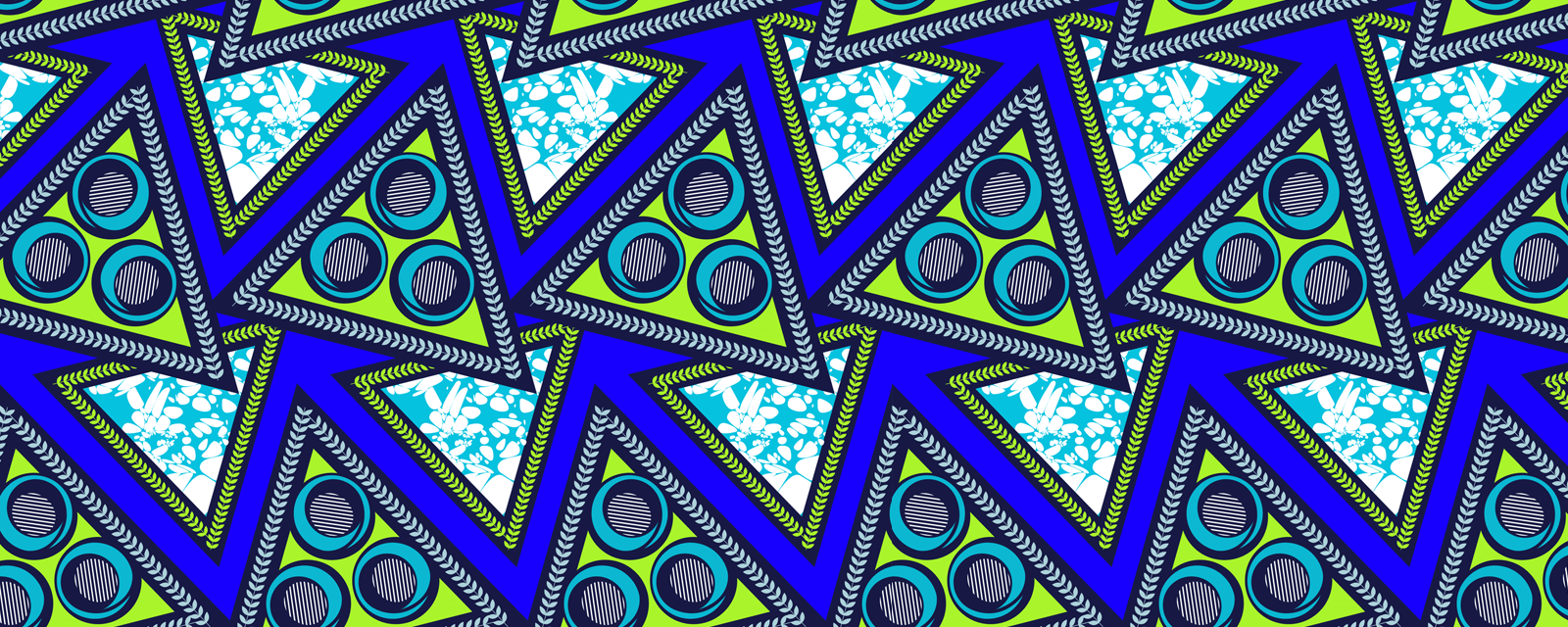A popular Zulu song about the sinking of SS Mendi in February 1917 as it carried African Battalions belonging to the South African Native Labour Corps on their way to World War 1 in France. The ship collided in fog off the Isle of Wight with an empty merchant vessel bound for Argentina. 646 men were drowned, in one of the worst ever marine disasters.
Oral history records that the men met their fate with great dignity. Their chaplain, the Reverend Isaac Dyobha, is reported to have calmed the panicked men by raising his arms aloft and crying out in a loud voice:
Be quiet and calm, my countrymen. What is happening now is what you came to do … you are going to die, but that is what you came to do. Brothers, we are drilling the death drill. I, a Xhosa, say you are my brothers … Swazis, Pondos, Basotho … so let us die like brothers. We are the sons of Africa. Raise your war-cries, brothers, for though they made us leave our assegais in the kraal, our voices are left with our bodies.
The anniversary of this disaster has been commemorated ever since. The song, however, refers not only to the sinking of the Mendi but to the sinking of the Zulu people. The last lines appeal to those ‘below’ to rise against their oppressors.
The ship Mendi went down at sea
And sank there with the sons of Africa.
Can you picture the sea?
Can you picture the ship with people in it?
Down went the Mende,
Down in to the sea.
Many were the orphans that were left
With the sinking of the Mende.
We fear you, waters of the sea.
Soften your hearts, you people,
What do you say, Africans?
Stay not asleep below. (1)
from Oral Poetry from Africa (1984)
compiled by Jack Mapanje and Landeg White,
Longman
Footnotes
- An appeal to those ‘below’ to rise against their oppressors.

